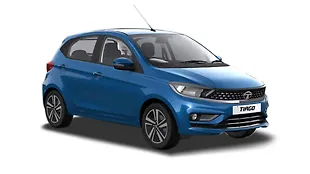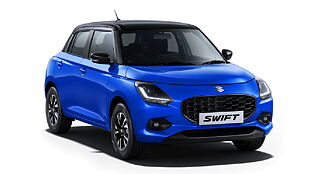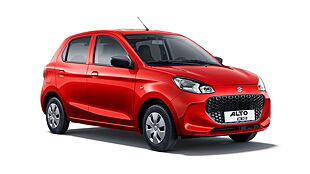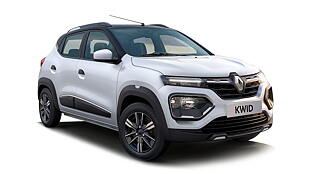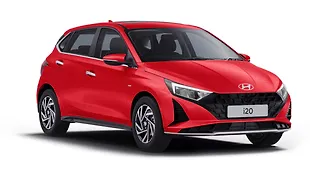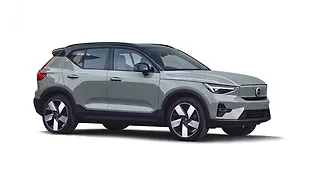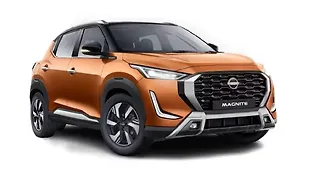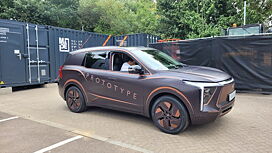
Volkswagen is giving a major makeover to their Polo hatchback and the next-gen version was spotted on test recently. The production version is, however, expected see the light of day only in 2017.
The latest iteration of the VW Polo will be based on the MQB A0 platform, which is the smallest iteration of the MQB platform. Reportedly, the new platform paired with a host of other potential weight saving measures will help reduce the kerb weight of the hatchback by 70-95kg. The pictures of the heavily camouflaged test mule show the car's profile, which doesn't seem to have thoroughly changed. However, the vehicle looks bigger and reports suggest that the current length of 3,972mm might be extended to around 4,000mm. Also the Polo's wheelbase of 2,456mm might be increased to 2,560mm.
Volkswagen is focusing on improving the cabin space and the interior material quality. The increase in dimensions of the car should translate into a roomier cabin, especially with improvement in the rear seat passenger space. Apart from the upgrade in the upholstery, the interior will feature a large colour touch screen infotainment system as well.

The 2017 Volkswagen Polo is expected to be offered in a choice of petrol and diesel engine options. The former list includes 1.0-litre naturally aspirated and turbocharged three-cylinder petrol engines in the entry-level grades. In addition, there will also be a 1.5-litre engine, which will be available in multiple outputs. As for the oil-burner, speculations are on that there will be either a 1.5-litre unit or a 1.6-litre mill on offer. Buyers will also have the choice of a manual gearbox or the DSG automatic transmission.
The VW Polo currently sold in the Indian market is the fifth generation model that was introduced in 2009. It is set to be succeeded by this new VW Polo next year. However, VW India is expected to begin manufacturing MQB-based cars by the end of this decade only. So it would be interesting to see if the Indian-spec Polo will stick to the older platform or if VW will start localisation of the new platform in the country then.

![Volkswagen Polo [2016-2019] Image Volkswagen Polo [2016-2019] Image](https://imgd.aeplcdn.com/272x153/cw/ec/22037/Volkswagen-Polo-Exterior-95634.jpg?wm=1&q=80)
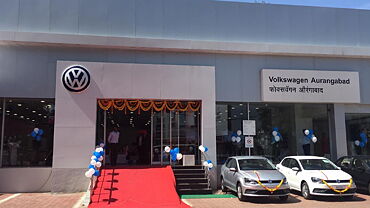


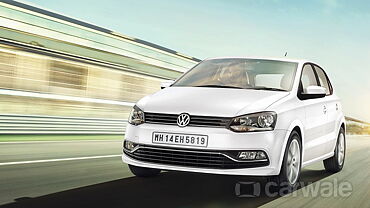


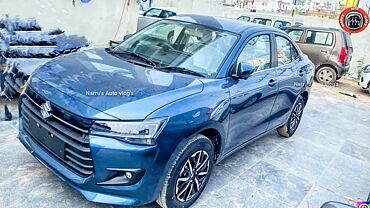


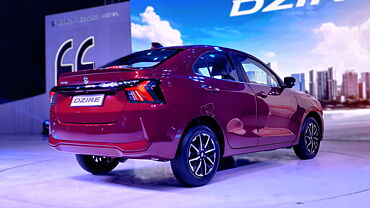



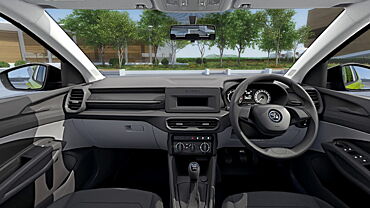

![Volkswagen Polo [2016-2019] Exterior Volkswagen Polo [2016-2019] Exterior](https://imgd.aeplcdn.com/199x112/cw/ec/22037/Volkswagen-Polo-Exterior-95634.jpg?v=201711021421&wm=1&q=80)
![Volkswagen Polo [2016-2019] Right Front Three Quarter Volkswagen Polo [2016-2019] Right Front Three Quarter](https://imgd.aeplcdn.com/199x112/cw/ec/22037/Volkswagen-Polo-Right-Front-Three-Quarter-84769.jpg?v=201711021421&q=80)
![Volkswagen Polo [2016-2019] Right Rear Three Quarter Volkswagen Polo [2016-2019] Right Rear Three Quarter](https://imgd.aeplcdn.com/199x112/cw/ec/22037/Volkswagen-Polo-Right-Rear-Three-Quarter-84770.jpg?v=201711021421&q=80)
![Volkswagen Polo [2016-2019] Dashboard Volkswagen Polo [2016-2019] Dashboard](https://imgd.aeplcdn.com/199x112/cw/ec/22037/Volkswagen-Polo-Dashboard-149690.jpg?wm=1&q=80)
![Volkswagen Polo [2016-2019] Dashboard Volkswagen Polo [2016-2019] Dashboard](https://imgd.aeplcdn.com/468x263/cw/ec/22037/Volkswagen-Polo-Dashboard-149691.jpg?wm=1&q=80)


